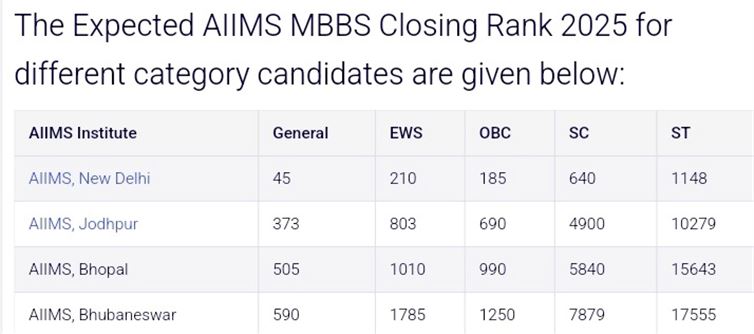
Critics argue that prioritizing caste-based reservations over merit can potentially dilute the standard of medical training and, by extension, healthcare delivery. When admissions are influenced more by social categories than academic performance, it risks admitting candidates who may struggle with the rigorous demands of medical education.
This can erode public confidence in the system, making people wary about the competency of their healthcare providers. The frustration expressed by many is understandable, especially when they feel that the focus has shifted from skill and ability to fulfilling quotas, which may not always align with ensuring the best possible patient care.
On the other hand, proponents of reservation stress that affirmative action is necessary to correct centuries of systemic inequality and lack of access to education among marginalized communities. They argue that social justice is a crucial element of a fair society and that diverse representation in healthcare can improve access and trust among all social groups. However, the challenge lies in balancing meritocracy with social equity in a way that upholds quality without alienating disadvantaged groups. In the meantime, patients are advised to be vigilant and informed about their healthcare providers—not just in terms of qualifications but also experience and reputation—because ultimately, when it comes to health, competence, and trustworthiness should be paramount.




 click and follow Indiaherald WhatsApp channel
click and follow Indiaherald WhatsApp channel